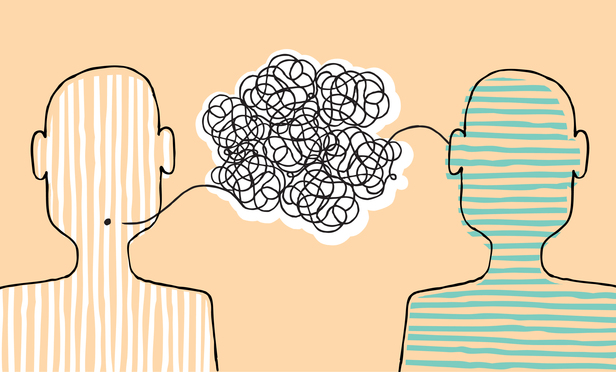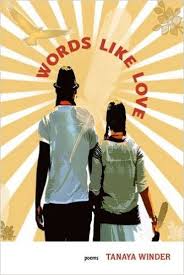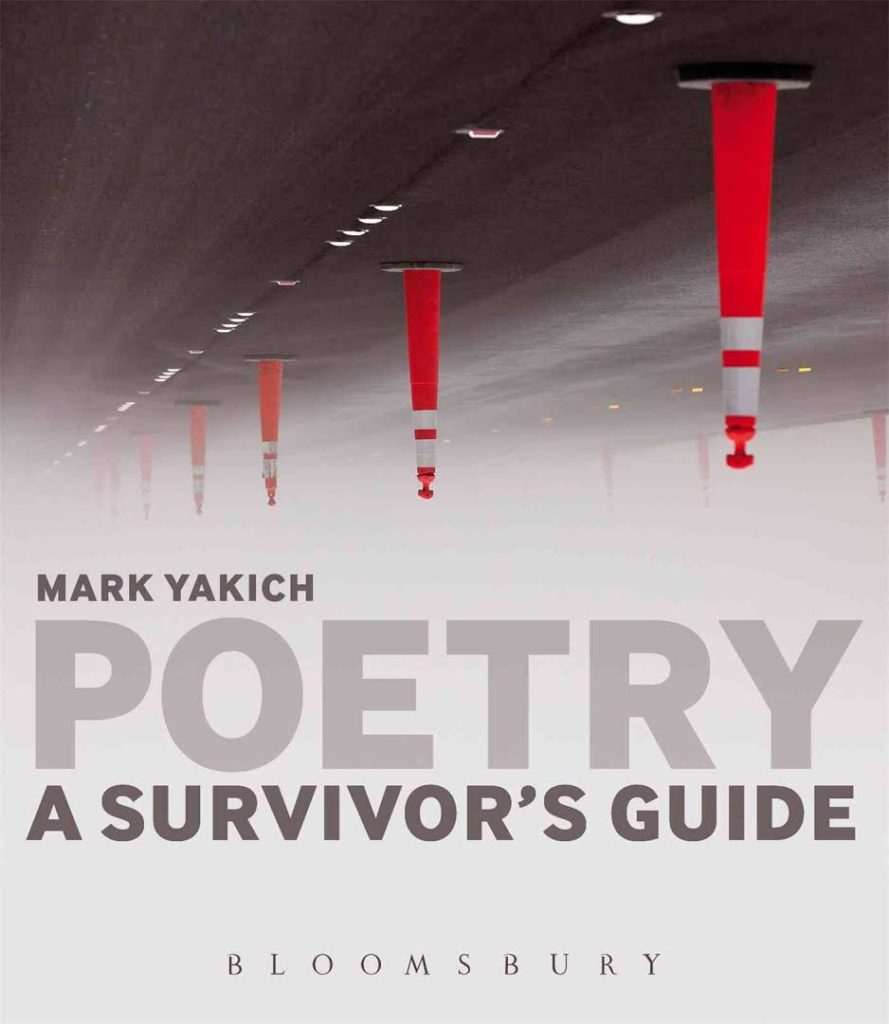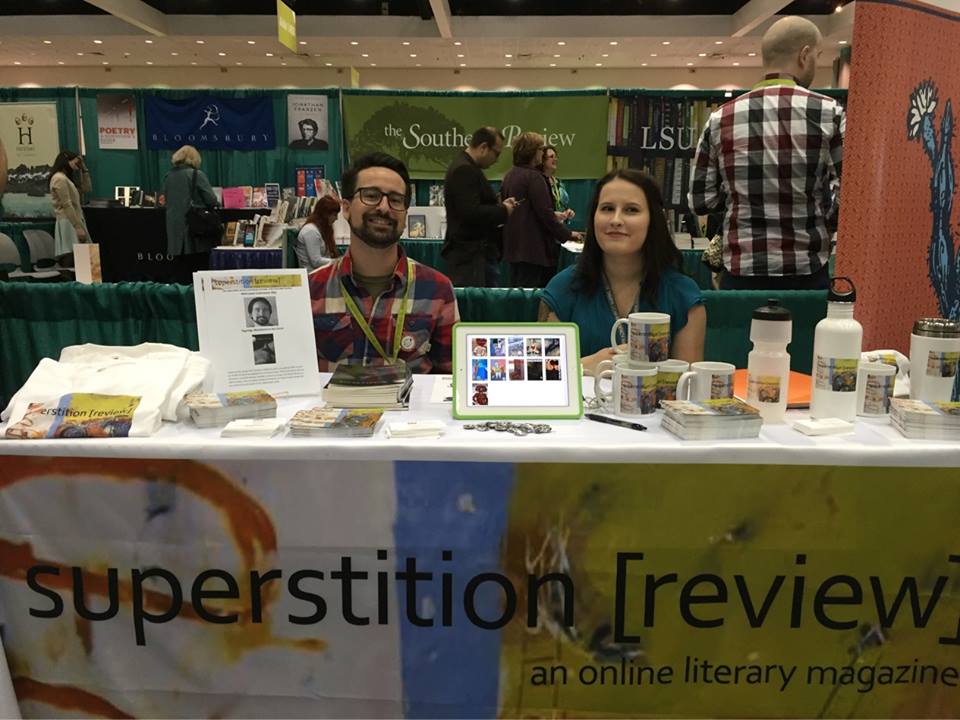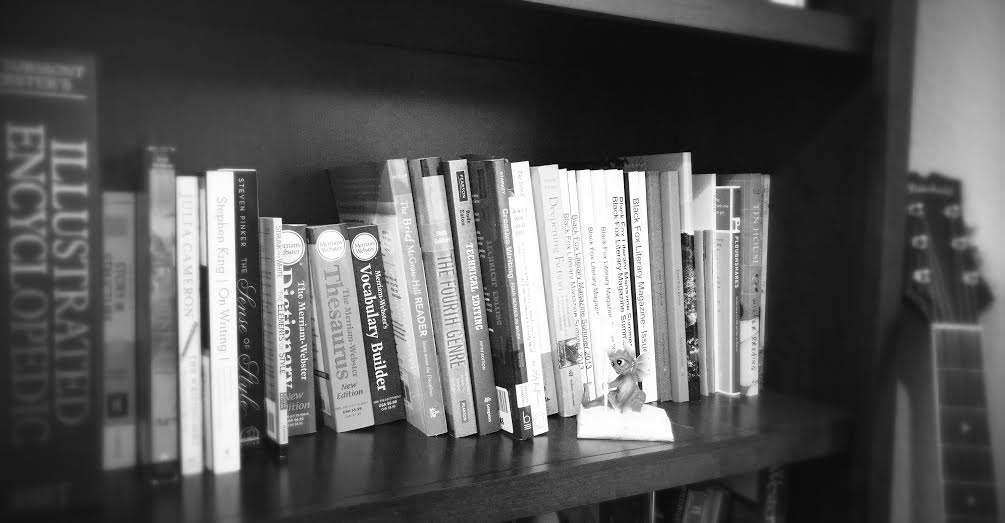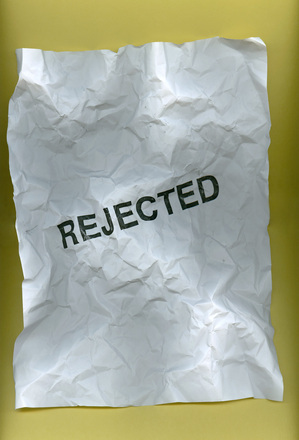The Curse of the Bambino plagued the Boston Red Sox to not win the World Series for eighty-six years after a poor decision where managers sold their star-player, Babe Ruth, to rival team New York Yankees in 1918.
Oh, Babe! they cried.
In an ethereal moment, a lunar eclipse and thick mist, the Red Sox finally won the World Series in 2004, sweeping the St. Louis Cardinals.
Will it take a lifetime for my curse to lift too?
My curse: misfire in my brain, disconnect from thought to mouth to sound then out into others ears. I choke on inanimate objects, words or phrases, sound lodged deep in my throat begging to be free, to be heard the way it’s meant to be heard.
Stuttering left me naked with raw and tender skin, ready to be picked apart by crows since age eight. My stutter defined me throughout school. It doesn’t help that my face contorts like sour candy has gotten stuck in the right side of my mouth either, looking as if there actually is something terribly wrong happening.
No one even knows what causes this, or how to fix it.
Read aloud; talk to your gerbil, Zippo; practice sound like a four year old scribbling on their zoo phonics worksheets. Exercise your voice! work on speaking normal—just a few suggestions from parents, friends, teachers and speech therapists over the years.
Many great minds have been stutterers – look at Winston Churchill, someone said to me somewhere. Fuck Churchill, I want to order a carne asada burrito from Filiberto’s like everyone else without being asked, sorry can you say that again? twice when I pull through the drive thru.
Oftentimes I cannot introduce myself without someone asking if I have forgotten my own name.
A lot of great people are a lot of things and stuttering has almost nothing to do with it, except for the fact that stuttering lead me to empathy, and assumedly those other great men too.
My stutter has allowed me to place myself in another’s position regardless of if I have had that same experience because in the end the person who has Tourette’s, or a lazy eye you just can’t miss has been looked at the same way. And for that I am indebted to my curse because today no one can seem to identify with anyone different from themselves and that’s dividing us as a single people.
Does that make me great or are those great people great because of their status, or talent, and happen to stutter too?
Did years of ridicule also lead to empathy for them? Is empathy the key to their wide spread success?
I don’t know, I’d like to think so.
You don’t know what you’re taking for granted, something as natural as speech. Just as I take for granted the fact that I can pull up my own pants, watch an ocean’s wave crash on the shore and notice salt on my skin, or pick a spoon up and feed myself without dribbling whatever soup I’m eating all over myself staining my shirt.
Fortunately though, like all things subject to time and its corrosive nature, my stutter is fading away.
Time is the only solution that has proven itself, for me. Great, long, lengths of time of constantly being giggled at or questioned or treated like a poor sap whose head isn’t screwed on the right way then persevering through it all, similarly to those unfortunate Red Sox fans.
Still I stutter daily though, hourly even, but now I can at least get a sentence out every now and again, have a real conversation with someone.
My voice is being heard and taken seriously.
Did anyone laugh at Churchill standing high above, pious and profound like, preaching hope to his country? If so, did it tank his self-esteem like mine?
I picture him giving a speech like a truck motor having trouble turning over and his people all gathered there shrugging their shoulders at each other wondering why.
I am not eleven anymore and neither are you, we are not in a classroom or at recess, but there are people who still comment disrespectfully, actually ask if I have forgotten my name and just chuckle and snicker when clearly I am different. Maybe it’s a way to fix the awkwardness for them, a nervous reaction; maybe they’re just an asshole.
Regardless of intention, it still hurts. Treat me like Winston Churchill or Julia Roberts or Bill Withers or Jorge Luis Borges or any other class act that stutters because I’m positive you wouldn’t laugh in their faces, at those “great minds”.
How often is a voice heard? Hello, goodbye, may I take your order? yes I would like…, my name is…, how’re you?, nice to meet you… et cetera. My voice is heard every single day and the simplest words and phrases are lost, jumbled up in the cavernous void of my synaptic trenches tumbling backwards up my throat and out my mouth to you.
Be patient please, with me, and everyone else different from you.
We are all great men and women here, you and I.
